S5 | 429: AI & the Workforce with Jon Darbyshire, SmartSuite
About the Episode
Today we’re going to talk about AI and the workforce, and how intelligent businesses embrace automation to empower citizen developers and others to work smarter.
To help me discuss this topic, I’d like to welcome Jon Darbyshire, CEO at SmartSuite.
About Jon Darbyshire
In 2021, Jon and his team launched SmartSuite, the work management platform that manages any process, from any industry, on one platform. Now, SmartSuite unites essential elements used to get work done, regardless of company size or type.
Throughout his career, Jon has been dedicated to automating everyday, essential business tasks to create smarter, more efficient organizations, no matter what the industry. Prior to Archer Technologies, Jon held leadership positions at both EY and Price Waterhouse, honing his skills in understanding the need to automate and simplify work for the enterprise.
Resources
SmartSuite website: https://www.smartsuite.com
The Agile Brand podcast website: https://www.gregkihlstrom.com/theagilebrandpodcast
Sign up for The Agile Brand newsletter here: https://www.gregkihlstrom.com
Get the latest news and updates on LinkedIn here: https://www.linkedin.com/company/the-agile-brand/
For consulting on marketing technology, customer experience, and more visit GK5A: https://www.gk5a.com The Agile Brand podcast is brought to you by TEKsystems.Learn more here: https://www.teksystems.com/versionnextnow
The Agile Brand is produced by Missing Link—a Latina-owned strategy-driven, creatively fueled production co-op. From ideation to creation, they craft human connections through intelligent, engaging and informative content. https://www.missinglink.company
Synopsis
Workflow automation using AI has become increasingly important for businesses seeking to enhance operational efficiency. The accessibility of artificial intelligence (AI) tools, such as chat GPT, has brought AI to the forefront in recent months. As a result, many businesses are now turning to AI to streamline their workflows and make more informed decisions.
One key issue that workflow automation can address is the reliance on multiple disconnected tools. Instead of using separate tools like Salesforce, HubSpot, Zendesk, and JIRA, businesses can consolidate their workflow automation needs into a single platform. This eliminates the need for manual data transfer and promotes a more seamless and integrated workflow.
Another pain point that workflow automation can alleviate is the need for efficiency in business operations. By incorporating AI into workflows, businesses can automate tasks and approvals, reducing the time and effort required for manual processes. For instance, AI can validate information before granting approvals, ensuring that all necessary criteria are met. This not only saves time but also minimizes the risk of human error.
Furthermore, workflow automation using AI enables businesses to create processes more efficiently. Instead of manually constructing processes, reports, and fields, businesses can simply describe their desired process and let AI generate them automatically. This significantly saves time and allows businesses to focus on higher-level tasks.
Overall, workflow automation using AI has become a valuable tool for businesses to enhance efficiency, streamline operations, and make more informed decisions. It eliminates the need for multiple disconnected tools, automates tasks and approvals, and facilitates efficient process creation.
In the episode, the speaker discusses how AI can be integrated into workflows to make decisions and progress without manual intervention. They provide an example of a multi-step workflow with approvals. By incorporating an AI platform into the workflow, the AI can validate the necessary information before granting approval. If all the information is present, the AI automatically advances the workflow to the next step and approves it. This automation eliminates the need for manual intervention and streamlines the workflow process.
AI tools have advanced to the point where they can automatically build processes, reports, fields, and even sample data based on user-provided descriptions. This automation capability has been prototyped with the customer base and has received positive feedback. The level of detail that can be achieved when describing a process and having it automatically built is remarkable. This automation not only saves time but also eliminates the need for manual tasks that could take hours to complete. In some cases, the AI tool can complete these tasks in just a couple of minutes. This functionality is similar to the concept of creating content from a prompt perspective, where the AI tool comprehends the required actions and performs them to achieve the desired outcome.
Jon Darbyshire, CEO, SmartSuite


